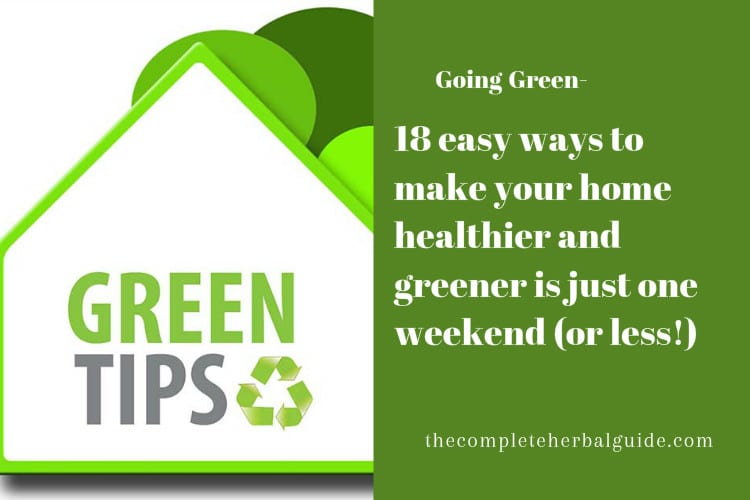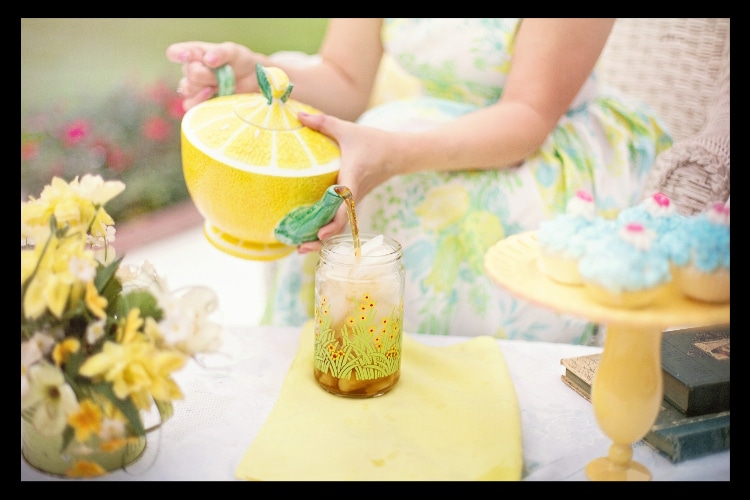
13 Items You Can Compost
Are you trying to achieve a zero-waste lifestyle? One way to do so is by composting. This process uses natural scraps and decomposition to accelerate the plant life cycle, fertilize your organic garden and reduce landfill fodder.
However, it’s vital to know what you can put in the bin and what you should leave to the side. Here are 13 items you can compost — and those you should dispose of elsewhere.
Table of Contents
Lawn Clippings
Have you heard that you shouldn’t rake your leaves in the fall? It’s true. These droppings create habitats for all kinds of critters before going back to the soil, revitalizing it with nutrients as it does.
However, you might live in a homeowner’s association that mandates keeping your yard tidy. If so, you can add all those leaves and clippings to your compost bin. The partially decomposed plant matter will alter your soil chemistry, making it more conducive to growing plants in the spring.
Pet Bedding From Herbivores
If you’re trying to achieve a zero-waste lifestyle, you might want to adopt a hamster for a pet. You can add the used bedding from their cage to your compost bin — but only if the animal housed within is a herbivore.
Why? Carnivores expel waste that can contaminate your soil. However, if you ever come across dried horse apples on a desert trail, you’ll notice they look like a pile of grass. Plant matter breaks down similarly inside the body, although digestion strips away some nutrients.
Dryer Lint
You might not think of dryer lint as something you can recycle. While it isn’t a nutrient-rich powerhouse, it can nevertheless add carbon and fiber to your blend.
Dryer lint also balances out the green and brown matter in your bin. If you go heavy on the green due to many grass clippings, this substance can help even things out. It’s useful to keep a bag in your laundry room to fill and add to your clippings.
Dust
Your vacuum cleaner is another excellent source of brown organic material to add to your compost bin. It’s considerably easier to do if you have a canister model rather than a bag, although you can find compostable refills if you do use such a version.
Use caution when emptying your shop vac, however. You never want to add solid carnivorous pet waste or bits of metal scraps to your compost bin.
Non-Meat Food Scraps
Where do you scrape your plates? If you put everything down at your garbage disposal, you might not contribute to landfill fodder. However, you affect the water supply and could potentially clog your drain, causing sewer fluids to back up into your home. If you never experienced the horror of a toilet going rogue when no one is using it, you’re better off keeping it that way.
If you follow a vegetarian or vegan diet, you probably don’t have to think as hard about what to omit. Are you among those who eat dairy and eggs? While you don’t want to scrape a sticky omelet into the bin, eggshells add necessary calcium and are a welcome addition.
You might want to reserve a citrus peel or two for your disposal. They serve as natural air fresheners and help remove any greasy buildup in your pipes. Watermelon rinds are valuable sources of green matter for your bin, adding needed nitrogen to your soil.
Old Herbs and Spices
Have you noticed that your goulash doesn’t have quite the zip it used to have? It could be that your thyme has run out of time — and flavor. Herbs don’t last indefinitely.
Fortunately, you can add them to your compost bin when they go bad. All you have to do is dump the partially used container within and recycle the glass.
Pine Needles and Cones
You need a balance of green and brown materials in your compost bin. The easiest ratio to follow is 1:1 — you should have 50% green matter and 50% brown. If there are pine trees on your property, you can hit this magical percentile.
Pine cones decompose into brown matter, while the needles are green. What’s the difference? Brown breaks down into substances that feed soil-dwelling organisms like earthworms that work alongside microorganisms to break down the organic materials in your pile. Green is rich in nitrogen and protein to help them multiply more quickly.
Newspapers
Are you going for the long haul with your compost bin? If you have acreage to fertilize, you might want to add that Sunday New York Times to your pile.
Newspapers decay more slowly than other organic matter — you might still find whole sheets after a year. You’ll have better luck if you run these through the shredder first. However, if you have a sizable bin you use year after year, adding this material is worthwhile.
Corncobs
Corncobs also take several months to over a year to break down. Therefore, you might want to wait until you have a well-established compost pile to begin adding these to the mix.
However, you can simply toss in the discarded cobs once you do. Be careful to cook your veggies thoroughly before eating them, or the uncooked kernels might sprout a plant in your bin.
Nutshells
Are you thinking about doing a little strategic landscape design? If you don’t mind the smell, you might want to put your bin somewhat close to your porch.
Why? You can sit on your deck eating peanuts and pitch the shells directly into your compost bin. You can also sweep up the mess and deposit it later if sharing your outdoor living space with flies doesn’t appeal to you.
Coffee Grounds
Your morning cup of joe can contribute to compost. You can add the grounds and many filters directly to the bin.
However, you should opt for unbleached filters if you want to keep your mulch organic. The bleached variety introduces chemicals into your soil.
Tea Bags
You can add tea bags to your compost bin much as you do coffee grounds. Doing so helps reduce landfill fodder if you can’t find looseleaf varieties you like.
If you do favor looseleaf tea, you can add it directly to your compost bin. Merely dump your infuser right into the pile.
Real Wine Corks
Do you enjoy a glass of vino at day’s end? If so, you can compost the cork if it’s real.
Genuine wine corks come from the bark of a Mediterranean tree. Therefore, they fall into the brown category and are safe for your bin. Test the material, though — more manufacturers now opt for plastic.
Bonus: Items You Should Never Compost
Of course, there are a few things you should never compost. Keep the following items out of your bin unless you want to lose your mulch.
Animal feces
These substances introduce potentially harmful germs into your soil. You could unwittingly contaminate your produce.
Meat and fish scraps
These materials can draw scavengers to your home — not to mention flies.
Weeds that have gone to seed
If there’s an invasive plant you don’t want sprouting back up in your yard, keep it out of your compost bin.
Charcoal ash
If you’re a grill master, cleaning your device into your bin might seem like a wise idea. However, the sulfur in the briquettes can harm your plants — dispose of them elsewhere.
Compost These 13 Items
Composting can help you live a more zero-waste lifestyle. Add these 13 items to your bin today to get a healthy pile of compost.






